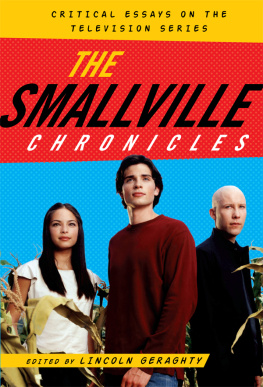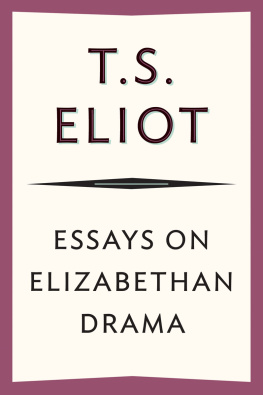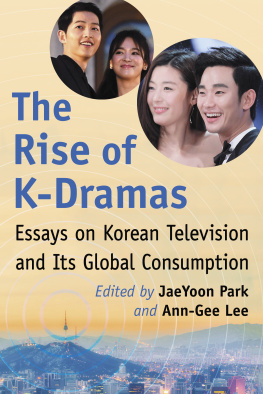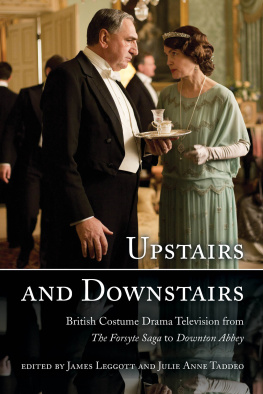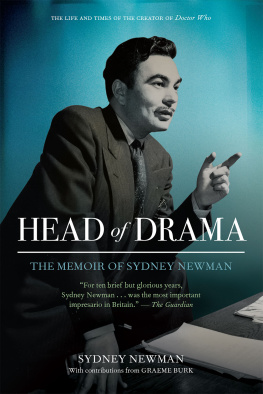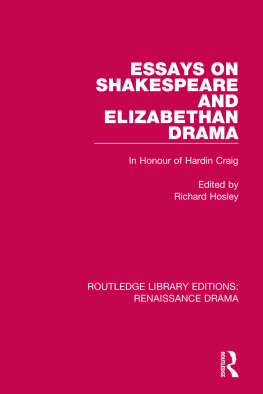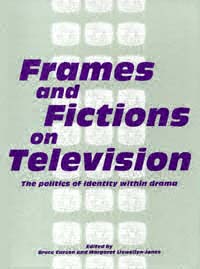Margaret Lewellyn-Jones - Frames and Fictions on Television: The politics of identity within drama
Here you can read online Margaret Lewellyn-Jones - Frames and Fictions on Television: The politics of identity within drama full text of the book (entire story) in english for free. Download pdf and epub, get meaning, cover and reviews about this ebook. year: 2000, publisher: Intellect L & D E F a E, genre: Politics. Description of the work, (preface) as well as reviews are available. Best literature library LitArk.com created for fans of good reading and offers a wide selection of genres:
Romance novel
Science fiction
Adventure
Detective
Science
History
Home and family
Prose
Art
Politics
Computer
Non-fiction
Religion
Business
Children
Humor
Choose a favorite category and find really read worthwhile books. Enjoy immersion in the world of imagination, feel the emotions of the characters or learn something new for yourself, make an fascinating discovery.

- Book:Frames and Fictions on Television: The politics of identity within drama
- Author:
- Publisher:Intellect L & D E F a E
- Genre:
- Year:2000
- Rating:3 / 5
- Favourites:Add to favourites
- Your mark:
Frames and Fictions on Television: The politics of identity within drama: summary, description and annotation
We offer to read an annotation, description, summary or preface (depends on what the author of the book "Frames and Fictions on Television: The politics of identity within drama" wrote himself). If you haven't found the necessary information about the book — write in the comments, we will try to find it.
An exploration of identity across the range of dramatic television, from one-off dramas to soap operas. The book consists of a collection of essays, and the central aim is to situate the ideas raised within the changing nature of the wider culture. Familiar titles discussed include:
-- ER -- The Buddha of Suburbia -- The X-Files -- Father Ted -- Driving School -- Diana: Her True Story -- Eastenders -- The Cops -- Silent Witness
The editorial introduction puts the essays in context by examining the changing identity of British TV Drama in terms of the institutional and technical developments in the last 35 years:
-- The fragmentation of the home audience
-- the transnationalisation of media culture
-- the increasingly hybrid nature of programme formats
-- the popularity of US series within a British viewing context
The collection examines a range of issues of identity in social class, ethnicity and race, gender adn sexuality, national and diaspora identity. These are debated in relation to current aesthetic and social concerns. Enriching the arguments of the contributors are a selection of programme examples, drawn from the full range of dramatic formats -- comedy dramas, crime/hospital dramas, factions, literary adaptations, political dramas, single plays, films for TV, situation comedies and soap operas.
Margaret Lewellyn-Jones: author's other books
Who wrote Frames and Fictions on Television: The politics of identity within drama? Find out the surname, the name of the author of the book and a list of all author's works by series.

